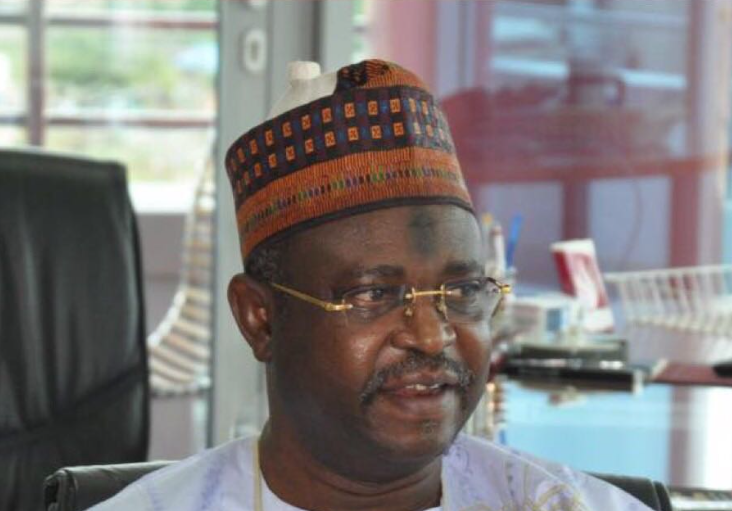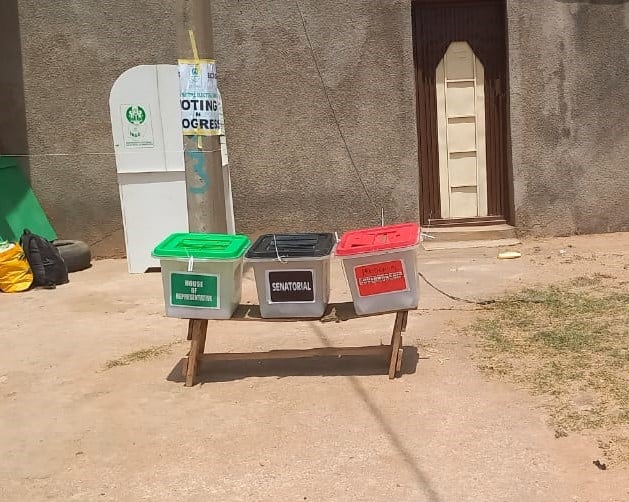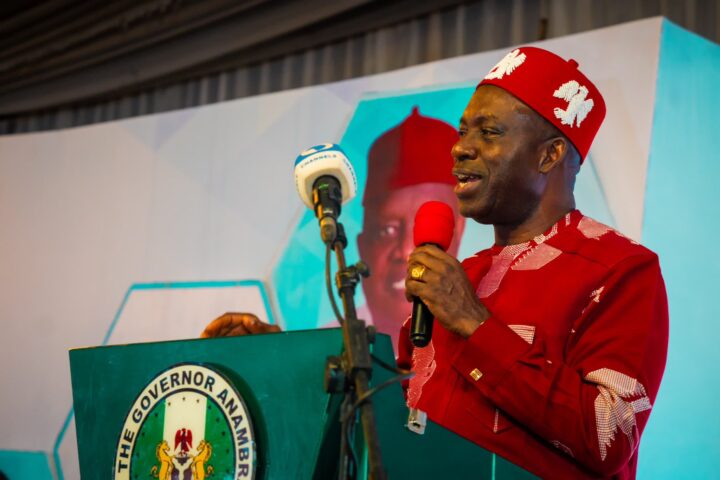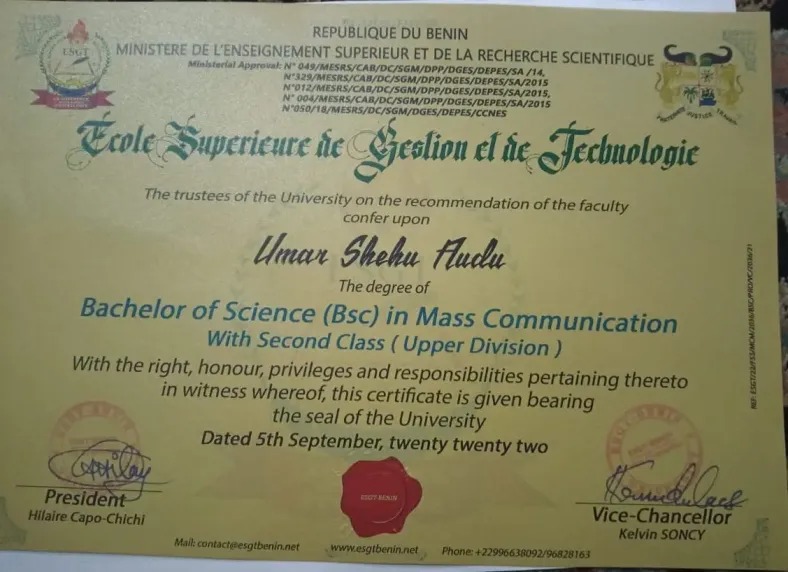BY AYODEJI SERIKI
At the beginning, the Economic and Financial Crimes Commission (EFCC) was established by an Act of the National Assembly on December 12, 2002 by the administration of former President Olusegun Obasanjo, partly in response to pressure from the Financial Action Task Force (FATF) on Money Laundering, also known by its French name, Grouped’actionfinancière (GAFI).
FATF had then ranked Nigeria as one of the 23 countries that were non-cooperative in the combined efforts to fight money laundering globally. Due to the identified inadequacies in the 2002 Establishment Act, the National Assembly repealed it and re-enacted the 2004 Establishment Act while the bill was signed into law on June 4, 2004 by President Obasanjo.
Within the first few months of his assumption of office in 2003, the pioneer Executive Chairman of the commission, Mallam Nuhu Ribadu, hit the ground running and put the agency on a firm footing that was quick to enhance public confidence and earned it global recognition.
Within few years, Nigeria was able to command the respect it deserved as a country that was determined to nip corruption in the bud and make the country an ideal place to do business for local and foreign investors.
Advertisement
Sadly, Ribadu was sent packing unceremoniously by the late President Umaru Musa Yar’Adua in December 2007, after the commission arrested a powerful politician, who was known to be a close ally to the late President, following his alleged involvement in corrupt activities.
In a jiffy, the commission lost its relevance and respect as many members of the public began to see it, under successive chairmen as nothing but a witch-hunting political tool used to oppress and suppress people considered enemies of the ruling party.
With the emergence of AIG Ibrahim Mustafa Magu (rtd), who emerged EFCC Chairman like a phoenix from the ashes, sanity didn’t only return to the commission but again brought the foremost anti-graft agency to the local and global reckoning.
Advertisement
One of his landmark achievements was his role in the celebrated P&ID case, which gave Nigeria a landmark victory at the Commercial Court of England and Wales. As Nigerians were heaving a sigh of relief that the commission had gotten its groove back, Magu was framed and removed after clashing with some political interests and heavyweights, who were close to power and saw the no-nonsense EFCC boss as a stumbling block.
Then came the immediate past Chairman of the commission, Abdulrasheed Bawa, who was believed to have been brought in from the blue, against all odds by the former Attorney General of the Federation (AGF) and Minister of Justice, Abubakar Malami (SAN).
Bawa, the first person without either military or police background to lead the commission, was accused of lack of discretion in running the anti-graft agency and tackling the big elephant in the room.
Although he gave the Commission a Strategic Plan Policy Document and implemented Standard Operating Procedure (SOP) documents for the Commission’s departments, his tenure witnessed mixed-feelings from the staff and the general public.
Advertisement
But President Bola Tinubu later suspended Bawa from office and appointed Abdulkarim Chukkol as the Acting Chairman of the EFCC to stabilise the commission.
Chukkol also tried his best to restore sanity at the foremost anti-graft agency. He also put in place certain measures to reassure the staff of the commission and informed Nigerians that the commission would live up to expectations
Fast forward to October 12, 2023, when President Tinubu approved the appointment of Mr. Ola Olukoyede as the Executive Chairman of the Commission and was subsequently confirmed by the Senate on Wednesday, October 18, 2023, the commission appears to have opened a new chapter and ready to fulfil the purpose for which it was established.
In particular, the new Sheriff came with a clear-cut agenda of re-positioning and re-focusing the Commission for optimal effectiveness.
Advertisement
Olukoyede, who had been a principal officer in the commission and served creditably well under Magu, is not only a tested hand but a disciplined man who has an unblemished record of performance.
The new EFCC chairman must have studied the mood of the public when he declared within a few days of his assumption of office that anti-corruption fights should be premised on initiatives and modalities capable of stimulating economic growth and development in the overall interests of Nigerians.
Advertisement
Speaking in Lagos on Tuesday, November 7, 2023, while addressing officers of the Lagos Zonal Command of the EFCC, Olukoyede said, “There is need to redirect our focus towards what we were set up to do in Nigeria, which is to drive economic development. We will tilt our focus towards that area. We will work to drive economic development, create wealth and employment”.
To me, if Olukoyede walks the talk and puts an end to the era of winding down businesses by way of investigation, the country will enter the good books of foreign investors.
Advertisement
His declaration that the commission would look into the mix-fund rules that separate proceeds of crimes from legitimate money so as to allow businesses to grow will rewrite the name of the commission in gold.
If all these are done, it is a matter of time that EFCC would have helped, in line with its mandate, makes conscious efforts to redeem the image of the country in the global community. This is one measure that will tell the whole world that the anti-graft agency is ready to do the needful and put Nigeria among the comity of nations.
Advertisement
His promise that the agency would collaborate with other stakeholders to re-write the country’s history will go a long way in boosting not only Nigeria’s image but will encourage foreign direct investments (FDI) to impact positively on our ailing economy.
As Olukoyede marches on in his determination to be the change agent, he should not forget his promise that the Commission will uphold the core values of the EFCC which include integrity, courage, professionalism and collaboration in the discharge of its duties in order to justify its engagement.
Another thing that would interest the progressive-minded Nigerians and potential investors is the new helmsman promise that the anti-corruption drive must open up an atmosphere of accountability and transparency in the country.
To demonstrate his seriousness, Olukoyede, who promised to use the instrumentality of the law to preside over the affairs of the agency, enjoined the EFCC staff in a recent event that, “You must be professional in all you do. Our image should reflect our core values. I have been part of this system. I was out for three years and I know the way things are”.
In line with the popular proverb that charity begins at home, the new EFCC chair won the hearts of many Nigerians when he tasked officers and men of the Commission to be above board and insisted that asset declaration is compulsory for every staff.
It is instructive to note that while given the directives, Olukoyede informed Nigerians that he had declared that his asset, stressing that all staff should declare theirs too.
As promised by Olukoyede, the job will be half done if he can keep his promise on the three focal areas already identified and raises three posers as important thrusts of plying his new job. The three focal areas are : focus on the mandate of the EFCC, pursuit of transparency and accountability and building the image of Nigeria. To achieve these, he has dwelt on the need for collective responsibility, greater emphasis on preventive frameworks against graft and premium attention on transactional credits.
If indeed he resets the focus of the agency as enshrined in the section 6 of the EFCC Act, which gives the commission what an anti-corruption agency should be doing. Number one, he has promised to focus on driving economic development. Number two, he has promised to create an atmosphere of transparency and accountability. Thirdly, which is central to economic and social development, is his promise that the agency would help, as an anti-corruption agency, to build the image of Nigeria.
But do I envy the new chairman, the answer is capital No because it takes two to tango. Indeed, there is an urgent need for Nigerians to get to a point where we need to come together on the same page and believe that corruption is a canker-worm to our development.
Looking at the task ahead and the need for total commitment from all, Olukoyede also stated recently that, “We must come together and believe that, with the way financial crimes have overwhelmed our structures and systems in Nigeria, we can’t move forward and if we move forward, it will be at a snail speed…The time has come for us to show commitment”
Seriki, a public affairs analyst and commentator, contributed this piece from Lagos.
Views expressed by contributors are strictly personal and not of TheCable.
Add a comment






